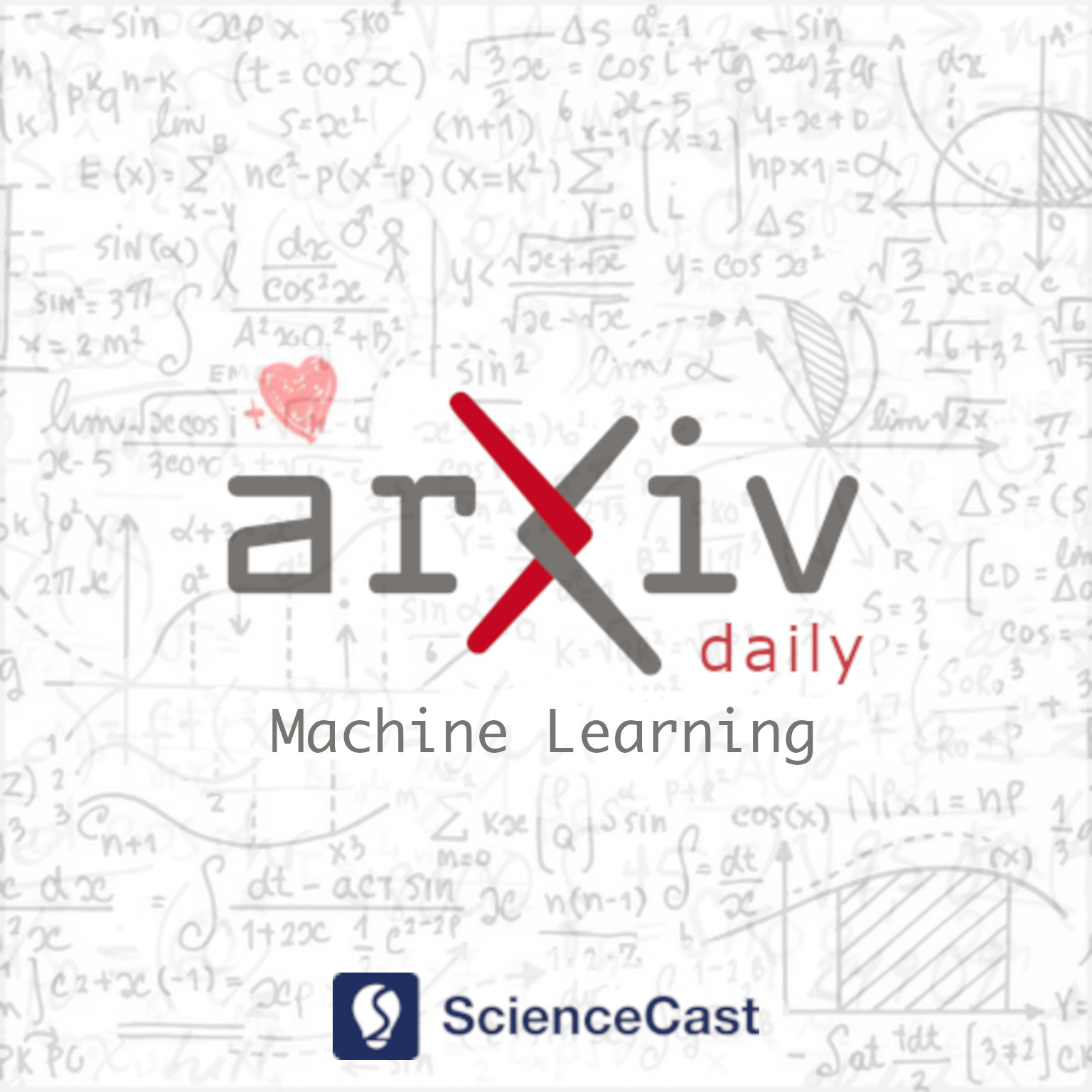
Machine Learning (stat.ML)
Thu, 27 Jul 2023
1.Linear Convergence of Black-Box Variational Inference: Should We Stick the Landing?
Authors:Kyurae Kim, Yian Ma, Jacob R. Gardner
Abstract: We prove that black-box variational inference (BBVI) with control variates, particularly the sticking-the-landing (STL) estimator, converges at a geometric (traditionally called "linear") rate under perfect variational family specification. In particular, we prove a quadratic bound on the gradient variance of the STL estimator, one which encompasses misspecified variational families. Combined with previous works on the quadratic variance condition, this directly implies convergence of BBVI with the use of projected stochastic gradient descent. We also improve existing analysis on the regular closed-form entropy gradient estimators, which enables comparison against the STL estimator and provides explicit non-asymptotic complexity guarantees for both.
2.Speed Limits for Deep Learning
Authors:Inbar Seroussi, Alexander A. Alemi, Moritz Helias, Zohar Ringel
Abstract: State-of-the-art neural networks require extreme computational power to train. It is therefore natural to wonder whether they are optimally trained. Here we apply a recent advancement in stochastic thermodynamics which allows bounding the speed at which one can go from the initial weight distribution to the final distribution of the fully trained network, based on the ratio of their Wasserstein-2 distance and the entropy production rate of the dynamical process connecting them. Considering both gradient-flow and Langevin training dynamics, we provide analytical expressions for these speed limits for linear and linearizable neural networks e.g. Neural Tangent Kernel (NTK). Remarkably, given some plausible scaling assumptions on the NTK spectra and spectral decomposition of the labels -- learning is optimal in a scaling sense. Our results are consistent with small-scale experiments with Convolutional Neural Networks (CNNs) and Fully Connected Neural networks (FCNs) on CIFAR-10, showing a short highly non-optimal regime followed by a longer optimal regime.
3.Kernelised Normalising Flows
Authors:Eshant English, Matthias Kirchler, Christoph Lippert
Abstract: Normalising Flows are generative models characterised by their invertible architecture. However, the requirement of invertibility imposes constraints on their expressiveness, necessitating a large number of parameters and innovative architectural designs to achieve satisfactory outcomes. Whilst flow-based models predominantly rely on neural-network-based transformations for expressive designs, alternative transformation methods have received limited attention. In this work, we present Ferumal flow, a novel kernelised normalising flow paradigm that integrates kernels into the framework. Our results demonstrate that a kernelised flow can yield competitive or superior results compared to neural network-based flows whilst maintaining parameter efficiency. Kernelised flows excel especially in the low-data regime, enabling flexible non-parametric density estimation in applications with sparse data availability.